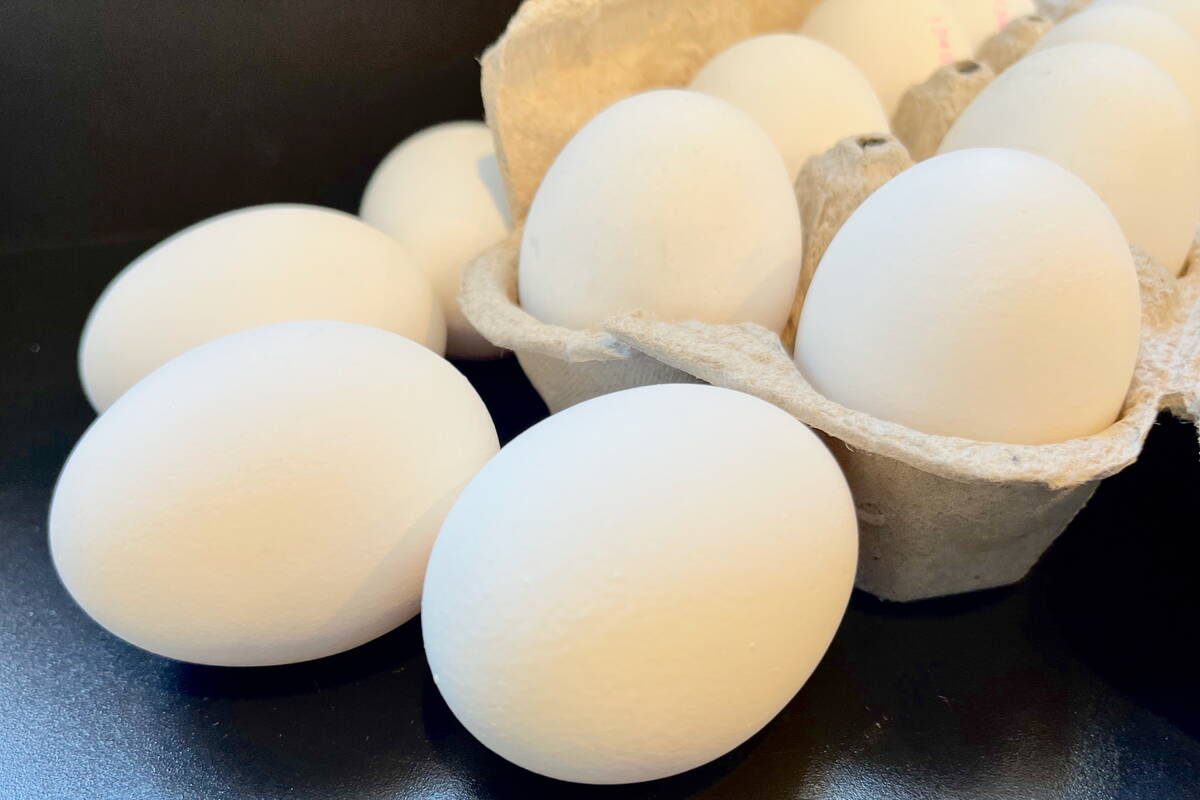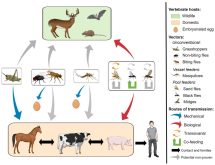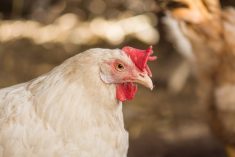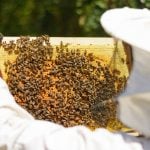American company NestFresh will begin marketing eggs from in-ovo sexed chickens next year, a feat it’s touting as a leap forward for animal welfare.
‘In-ovo sexing’ refers to the use of technology to gender-type chicken embryos before they hatch to avoid the standard practice of euthanizing day-old male chicks. Male-determined eggs are removed from setters in the second third of the incubation period, which is believed to be before embryos have developed the ability to feel pain.
Read Also

Egg Farmers of Canada, University of Guelph appoint new poultry welfare research chair
The Egg Farmers of Canada and the University of Guelph have a new research chair tasked with driving poultry welfare research.
NestFresh announced on Dec. 17 it had delivered a flock of in-ovo sexed chicks to a farm in Texas. It will begin marking eggs in June.
“By being the first U.S. egg company to adopt in-ovo sexing technology, we are tackling one of the most difficult ethical issues in egg production and raising the standard for animal welfare—starting before our hens are even born,” said Jasen Urena, executive vice president of NestFresh, in a news release.
NestFresh uses a German-designed system called CHEGGY, which analyzes light spectra to determine sex based on feather colour, the company said.
CHEGGY is one of several technologies developed in recent years for in-ovo sexing. Some European countries, like France and Germany, have banned killing of day-old male chicks, which has forced producers to raise the roosters for slaughter.
In Canada, Egg Farmers of Ontario has supported development and commercialization of a similar technology, called Hypereye. That technology is in its final stages of development, according to an October article in Canadian Poultry.
—Updated Jan. 14, 2025. Corrects paragraph second paragraph to say male-sexed eggs are removed in the second third of the incubation period.
















